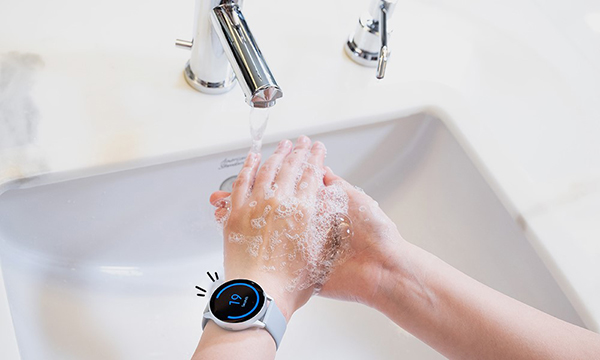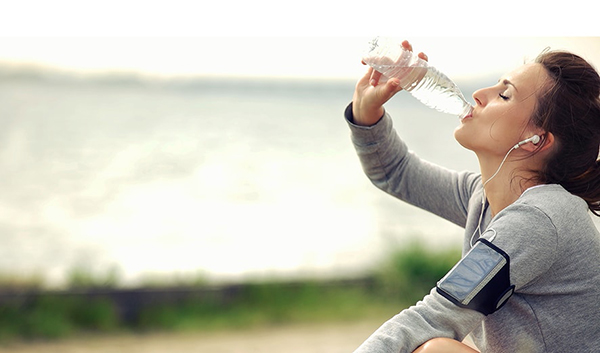As we go through the cold and flu season, it is important to be aware of some of the essential things you can do to protect yourself from disease. This includes proper respiratory hygiene, handwashing, and getting vaccinations. Visiting a healthcare provider or professionals in any disease like Dr. Jason Campbell for instance. While these are important, you should also know about a few other ways to protect yourself from the flu or any kind of disease.

Handwashing is important to prevent the spread of bacteria and germs that can cause gastrointestinal and respiratory diseases. Hands can become contaminated by many daily activities, such as changing diapers, handling raw meat, or playing with or cleaning after animals. Even one gram of human feces can contain trillions of germs, so handwashing is essential to protect yourself from any disease. One way to prevent germs from spreading is to wash your hands before eating, drinking, or touching anything else. Many studies show that proper handwashing is an effective way to prevent illness transmission. For example, a recent study reported reduced absenteeism from school due to gastrointestinal illness when children were taught to wash their hands.
Maintaining good respiratory hygiene is essential to protect yourself from any illness, including the common cold. It helps protect you from bacteria, viruses, and other microorganisms spread by people with respiratory illnesses. This includes avoiding touching your eyes, mouth, and nose. It also includes avoiding physical contact with sick people and covering your mouth and nose when you sneeze. Proper hygiene is also essential for healthcare workers. It should include handwashing stations and materials that teach proper cough etiquette. Additionally, healthcare facilities should provide a sufficient supply of tissues and -based hand rub dispensers.
Vaccines are a series of small doses of weakened or germs that can protect your body against various harmful diseases. They work by stimulating the immune system to create antibodies that recognize specific parts of the germs that cause disease. These antibodies create a permanent response in the body, meaning that a person will not become ill if exposed to the disease. Vaccines are safe and effective and can protect you against 18 major diseases. The CDC and FDA closely monitor vaccine safety. If you experience any side effects or do not feel well after receiving a vaccine, report them to the Vaccine Adverse Event Reporting System (VAERS).
Vaccinations are a safe and effective way to protect yourself from many diseases. Getting the recommended vaccinations for your age and your lifestyle will protect you against diseases spread from person to person. The side effects of vaccines are usually mild. However, discussing your health history with your doctor before getting vaccinated is important. For example, discussing these issues with your doctor is important if you have allergies. You should also maintain a record of all vaccinations you have received. Record the types and dates of each and any side effects you may have experienced.
Vaccines must pass thorough evaluation and testing before being approved in the United States. The vaccine schedule published by the Centers for Disease Control and Prevention contains information about the vaccines recommended for different age groups. This information can help you schedule your vaccinations to ensure you get the right vaccines when needed.

You can adopt several simple habits to protect yourself from any disease. These include hand washing with soap and water, covering your mouth when sneezing, avoiding contaminated water, and not sharing personal items with sick people. You should also wear a mask around other people and use condoms during . It might be hard to avoid disease altogether, but it is essential to practice some habits to prevent the spread of disease. Vaccinations are another important habit to practice. Getting recommended vaccinations is essential in reducing your risk of contracting an infection. The vaccines train the body's immune system to off disease. It also helps reduce the severity of an infection's associated symptoms.
Microscopic organisms cause infections, or pathogens, that interfere with a person's normal functions. Infectious diseases are among the most common causes of illness and in the United States and worldwide. Certain people are more susceptible to developing infections than others. The best way to protect yourself from infection is to practice healthy hygiene and wash your hands often. You should also avoid sharing personal items and drinking contaminated water. It would help if you also covered your mouth when coughing and sneezing.
One of the best ways to protect yourself against infection is to avoid being around people with weakened immune systems. In addition, if you are pregnant or have any other medical condition, you may be at risk for contracting certain infectious diseases. It is also essential to avoid being around mosquitoes, which are known carriers of various bacteria and viruses.
Be the first to post comment!